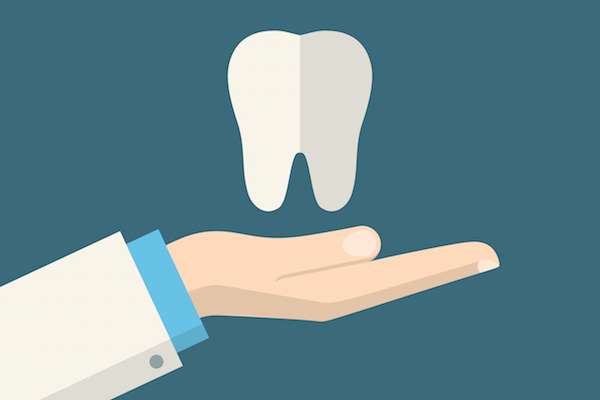How Long Do You Wait for Dental Implants After Extraction
are a reliable replacement option if a patient has a tooth extracted. There are many reasons to pull permanent teeth, including infection, irreversible damage, and a crowded mouth. A dentist may recommend an implant if a patient is experiencing difficulties with chewing or speaking, or if the person is self-conscious about smiling. It is important for a patient to understand what is the healing process after a tooth extraction and how to prepare their mouth for a dental implant.
Tooth extraction process
During tooth extraction, a dental professional pulls the tooth from the bony socket in the jaw. Once the tooth is removed, the patient needs to allow time for the bone to heal. While the majority of tooth extractions are simple and safe, complications can arise. However, patients have a fair amount of control over how well their mouth heals by following the care recommendations from the dentist.
Proper care
Immediately following a tooth extraction, the dentist places a gauze pack on the site to limit bleeding. The patient can remove the gauze after about 30 to 45 minutes. A blood clot needs to form to help with the healing process.
Do not rinse the mouth or drink through a straw for at least 24 hours. A patient can brush and floss other teeth, but should avoid cleaning any teeth next to the site. Proper care of the site avoids complications such as dry socket. Some swelling and pain is common after tooth extraction; therefore, a dentist may prescribe medication.
Healing period
A patient should see improvements in pain within two to three days following extraction. During the next few weeks, a patient should perform rinses of warm salt water to kill bacteria in the mouth and prevent infection, and avoid hard foods such as chips and toast. Care should be taken not to bite down on the site in the mouth. The healing period for a simple tooth extraction typically takes up to 10 days, depending on a variety of factors such as age and overall health.
Dental implant insertion
In the past, a tooth extraction site was left to heal for several months before placing dental implants. However, improvements in dental implant hardware and patient demand for faster implantation has shortened or eliminated healing time. There is some research that suggests that immediate placement of the dental implant after extraction counteracts complications such as shifting teeth and bone loss.
Conversely, a dental professional may suggest waiting several weeks or months before placing a dental implant. Factors including bone integrity and thickness, tissue structure, and general and oral health may be considered. The process for receiving a dental implant typically consists of three phases: Placement of implant, healing, and placement of prosthesis. If taken care of properly, a dental implant lasts for many years.
Conclusion
Tooth extraction and subsequent placement of dental implants is an individualized process. A consultation with a dental professional can clarify the correct timing for each patient.
or call My Saratoga Dentist PLLC at 518-675-3094 for an appointment in our Saratoga Springs office.
Recent Posts
Dental implant restorations have transformed dentistry by offering a versatile and reliable solution for replacing missing teeth. This approach to smile restoration seamlessly combines durability and natural aesthetics, restoring oral function and appearance. Because implant restorations can support different types of dental prosthetics, they address a variety of needs while preserving oral health. Understanding the…
Approval for dental implants puts you one step closer to restoring a complete, healthy smile. Dental implants can restore both the appearance and functionality of a full set of teeth. This way, patients can enjoy a full set of teeth along with a smile they enjoy showing off. The process is somewhat lengthy, so knowing…
Wondering about dental implants? Read on to learn more. If you have experienced tooth loss and are exploring potential replacement options, then you have probably heard about dental implants. Dentists and patients are turning to tooth implants because it is provenly effective for replacing missing teeth. However, there are different implants, each of which is…


